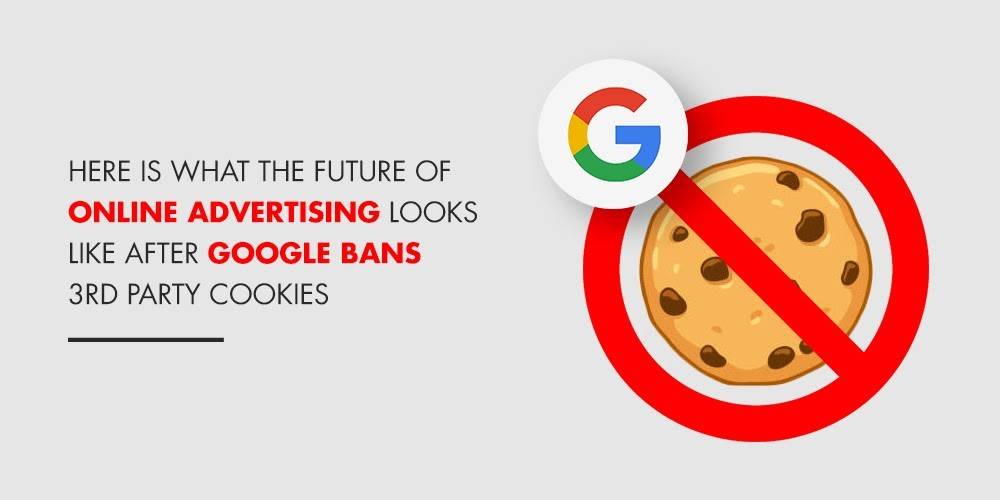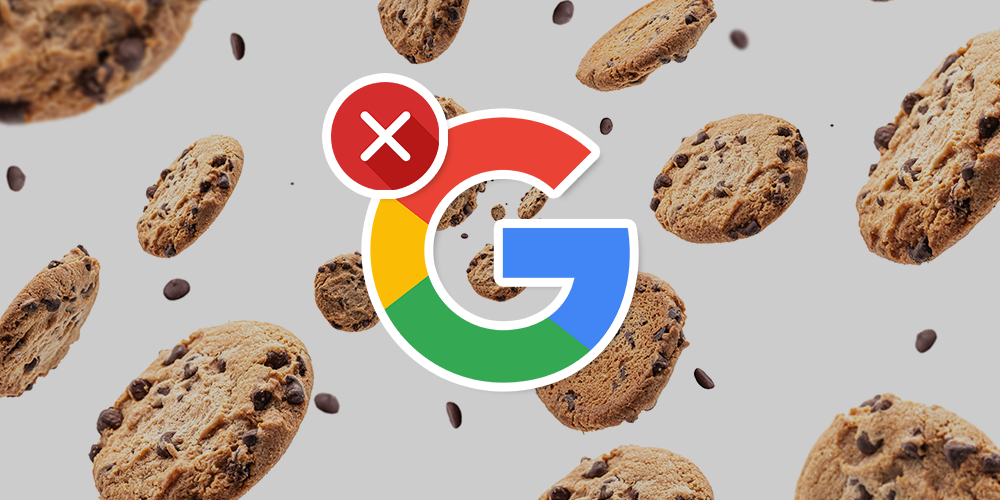Here is what the future of online advertising looks like after Google bans 3rd party cookies

Written by Safeer ur Rehman

Online advertising has come a long way, especially over the past decade. It has made marketers and advertisers around the world, move past the spray and pray approach with its highly sophisticated targeting tactics. Businesses are now able to interact with their customers in a more personalized manner based on their interests and what stage of the buyer's journey they are at. This sort of personalized interaction is only made possible through massive amounts of data collected by tech giants from the online community.
However, governments around the world seem to have raised eyebrows on such unchecked collection of their citizens’ data by the tech giants. Though consumer rights activists have been blowing whistles on the breach of data privacy repeatedly in the past it never stopped the ad tech industry from doing so. This all changed after the laws like General Data Protection Regulation (GDPR) and California Consumer Privacy Act (CCPA) were introduced in Europe and the US respectively.
Unless the current tech giants want to end up becoming the Nokia of online marketing, they would have to curb their advertising model to suit the regulations being imposed by the governments. Luckily, Google realizes that it has to act now if it is to survive the new reality of online advertising which is why it has announced to ban third party cookies by next year.
Difference between first party and third party cookies
Before we dive into what it means for marketers, we need to take a look at what exactly cookies do and how are third-party cookies different from first-party cookies. Well, the short answer is, cookies are actually pieces of code stored on your browser. They are generally used for storing information to identify you. Though technically there isn’t much difference between the first party and third party cookies, they both serve different purposes.
The first-party cookies are designed to enhance your overall user experience on a particular website. For instance, when you sign up on a website that requires a login, it might save information such as your user name, password, location, products you have shown interest in, etc. so the next time you open that particular website you won’t have to provide that information all over again to be able to log in.
Also Read: Tips for choosing the right web design and development agency
On the other hand, third-party cookies are placed by the marketers with the sole purpose of following you around online and tracking your online behavior so they may use that information to target people who are most likely to buy the products or services they are advertising. Ever noticed those creepy ads of the products you have looked up in the past, follow you around on different websites? They don’t just appear coincidently on random websites, they only appear to those who have bought or shown interest in related services/products in the recent past.
How will it affect the marketers?
While an average user might consider this to be a breach of their online privacy, for marketers cookies are no less than a blessing. So what happens after Google bans the third-party cookies?
This may appear to be bad news for the advertisers as they would no longer be able to track the users with cookies in order to target and retarget them through ad campaigns but for those who are not aware, this is not the first time Google has had to tweak its cookie policy. Europe introduced the General Data Protection Regulation act back in 2018 according to which websites are required to inform their visitors exactly what data is being stored and how it is being used.
Google has come up with an alternative called FLoC to replace the third-party cookies according to which users shall be put into groups or cohorts. This means the advertisers would only have access to generic data and the individual users would remain anonymous.
The marketing community is a key stakeholder in this matter has some other plans. They have proposed anonymous identifiers that let the users choose what ads they see while browsing on the internet which sends everyone home happy.
It’s hard to say when Google is going to make the big announcement but one thing is for sure, banning third-party cookies is going to leave a huge gap that needs to be filled with a viable alternative that is acceptable to all parties.
Originally Published April 29, 2021 12:30 AM, Updated April 28, 2021.




